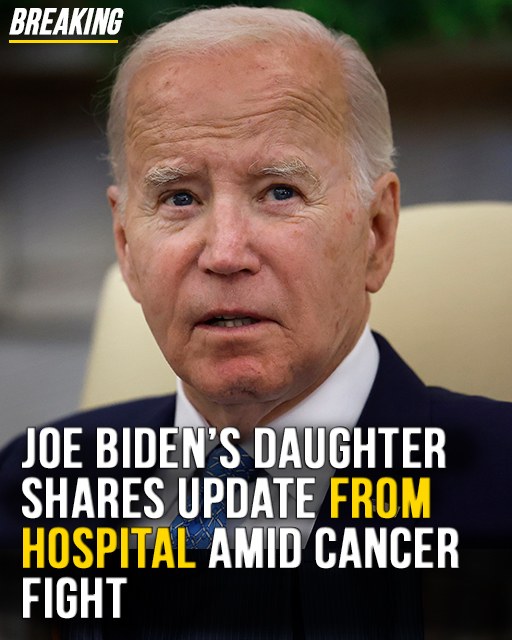In a small town in Wisconsin, a single sign outside a Dairy Queen ignited a national debate that refused to die down quietly. At first glance, it looked ordinary—bright letters spelling out community messages, the kind of roadside sign most people drive by without a second thought. But in this case, the words were far from forgettable. They read:
Merry Christmas. Happy Easter. Free sundaes for veterans. Politically incorrect and proud of it.
The Dairy Queen in Kewaskum became the unlikely epicenter of a cultural clash over free speech, inclusivity, and tradition. Some saw the sign as refreshing honesty in an era of political correctness. Others saw it as exclusionary, a subtle but stinging reminder of who feels welcome—and who doesn’t.
A Franchise Owner Who Refused to Back Down
The man behind the sign, owner Kevin Scheunemann, wasn’t interested in hiding his beliefs. To him, the message was simple: his business would reflect his values, no apologies given.
“I felt the sign was a way to be upfront about who we are,” Scheunemann explained when reporters asked him why he risked alienating customers. “This country was built on free expression. If I want to wish people a Merry Christmas, I’ll do it. If I want to thank veterans with a free sundae, I’ll do it. No one is forced to eat here.”
Scheunemann’s straightforward tone resonated with many locals. They didn’t see his words as controversial, only as a bold defense of traditions that seemed increasingly under attack in the wider culture.
Praise, Outrage, and Everything in Between
Almost overnight, pictures of the sign spread online. Supporters applauded Scheunemann for saying what they felt others were too afraid to say. In comment sections and social media threads, many praised him for standing firm against what they called “cancel culture” and “hypersensitivity.”
“Finally, someone with the guts to stand up,” one commenter wrote. “We need more business owners like him.”
But not everyone agreed. Critics argued that the sign wasn’t just about free expression—it was about drawing a line in the sand. To them, calling the message “politically incorrect” was a way of excusing exclusion. After all, what about customers who don’t celebrate Christmas or Easter? What about veterans who couldn’t eat ice cream for health reasons? What about people who felt the sign wasn’t welcoming to all?
“It’s one thing to celebrate your beliefs privately,” another critic posted. “But when you put them on a sign outside your restaurant, you’re basically saying this space is for people like you, not everyone.”
The Corporation Responds
As the story gained traction, Dairy Queen’s corporate office stepped in. They issued a carefully worded statement clarifying that the sign represented only the views of the franchise owner, not the company as a whole.
“Dairy Queen is committed to inclusivity and welcoming all customers,” the statement read. “This particular sign is the expression of an individual franchisee and does not represent our national policies.”
It was a delicate balancing act. On one hand, Dairy Queen couldn’t openly rebuke Scheunemann without risking backlash from supporters who admired his boldness. On the other, they couldn’t allow his sign to define the entire brand.
A Broader Debate About Free Speech
The sign became more than a quirky headline—it symbolized a broader cultural struggle. Should business owners have the right to post whatever messages they like, even if some find them offensive? Where is the line between personal conviction and public responsibility?
For free speech advocates, Scheunemann was a hero. They argued that freedom of expression only matters if it protects unpopular speech, not just safe or mainstream opinions. To them, demanding he take the sign down was a step toward censorship.
For others, the issue wasn’t about silencing Scheunemann—it was about community. A business, they argued, should be a place where anyone feels welcome, regardless of their background or beliefs. To them, the sign wasn’t about free speech at all; it was about hospitality.
The Small-Town Ripple Effect
In Kewaskum itself, the story played out less dramatically than it did online. Locals had long known Scheunemann’s personality. Many shrugged and kept buying Blizzards, while others quietly shifted their patronage elsewhere.
One local pastor said, “Kevin’s a good man. He supports veterans and families here. Does that mean I agree with everything on his sign? Not necessarily. But I know his heart.”
Meanwhile, a teacher in town expressed concern that the message could discourage students from diverse backgrounds from feeling welcome. “When kids see a sign like that, it can feel like the world is divided into insiders and outsiders. That’s not the lesson I want my students to learn.”
More Than Just Ice Cream
The controversy may have started with a Dairy Queen sign, but it tapped into deeper questions that touch every corner of American life. In an era where every word can go viral, what responsibility do individuals have to measure their language? And what role does a small business play in shaping the culture of a community?
For Scheunemann, the answer remains unchanged. His sign still stands, his message unaltered. He continues to greet veterans with free sundaes, to wish customers Merry Christmas and Happy Easter, and to shrug off the criticism that comes his way.
“I’m not here to please everyone,” he says. “I’m here to run my business the way I believe is right.”
A Symbol That Won’t Fade
In the end, the sign in Kewaskum became more than letters on a marquee—it became a mirror reflecting the fault lines of modern America. Some saw pride, conviction, and gratitude. Others saw arrogance, exclusion, and stubbornness. Both sides looked at the same words but read entirely different stories.
And perhaps that is why the debate refuses to fade. It was never just about ice cream, holidays, or veterans. It was about identity, belonging, and who gets to define the culture of a town—or a country.
Whether people loved or loathed it, one thing is certain: few could drive past that Dairy Queen without thinking twice. And in an age of fleeting headlines, that alone was an achievement.

